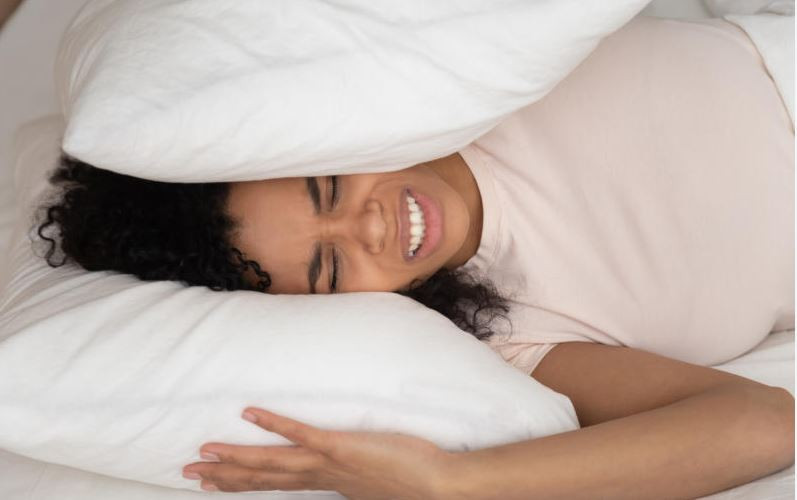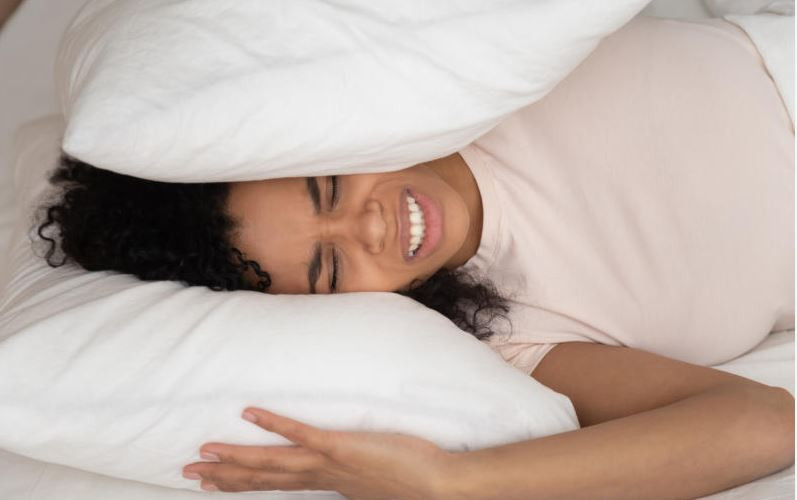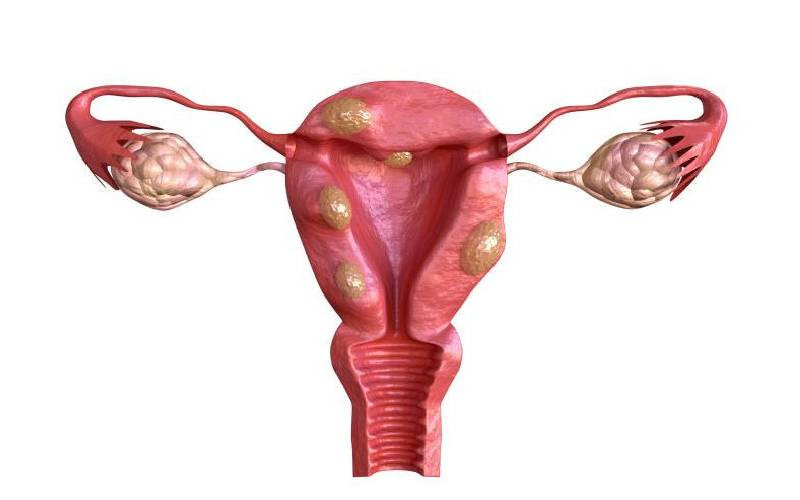
Nocturia, a medical term used to describe the need to wake up multiple times during the night to urinate, is far more than a minor annoyance. For many, it’s a persistent thief of restful sleep and daily energy.
Affecting millions, especially older adults, nocturia can wear down physical stamina, shake social confidence and gradually erode overall vitality. Yet, by understanding its root causes and taking targeted action, those restless nights can be reclaimed.
Dr Emily Mwendwa, a urologist passionate about restoring quality of life through holistic health strategies, offers vital insights into the condition. She explains that nocturia isn’t caused by a single factor; rather, it’s often a complex puzzle where medical conditions and lifestyle habits intersect. Identifying the precise trigger, she says, is key to finding relief.
Often, nocturia arises from underlying health issues that either affect bladder function or disrupt urine production. One of the most common contributors is Overactive Bladder (OAB), where the bladder contracts involuntarily, creating an intense, often uncontrollable urge to urinate, even when it isn’t full. This leads to frequent and urgent trips to the bathroom, making restful sleep difficult to achieve.
Diabetes is another major cause. When blood sugar is poorly controlled, the kidneys work overtime to remove excess glucose, producing more urine in the process. This increased output often becomes most noticeable during the night, particularly in individuals with type 2 diabetes.
Liver and kidney diseases also play a role. When these organs aren’t functioning properly, they struggle to maintain fluid balance, prompting the body to expel excess fluids at night. Heart failure follows a similar mechanism. During the day, fluid often builds up in the lower limbs. When a person lies down, this fluid redistributes through the bloodstream, triggering the kidneys to produce more urine.
Urinary tract infections (UTIs) are a more acute but common cause. They irritate the bladder lining, resulting in a constant sensation of needing to urinate, even when very little urine is present. This discomfort frequently disrupts sleep, especially in those prone to recurrent infections.
In men, an enlarged prostate is a major factor. The enlarged gland presses against the urethra, making it difficult for the bladder to empty completely. The residual urine leads to repeated trips to the bathroom, especially at night.
Obesity, too, has a hand in the condition. Excess body weight places pressure on the bladder, decreasing its capacity and prompting more frequent urination. Pregnancy has a similar effect, especially in the third trimester, as the growing uterus compresses the bladder and limits how much it can hold.
Hormonal shifts during menopause weaken the pelvic floor muscles and alter bladder function, increasing nocturia risk among women. Additionally, high calcium levels in the blood, known as hypercalcemia, though less common, can interfere with kidney function and lead to increased urine production.
Each of these medical scenarios set off a ripple effect, turning what should be a restful night into a fragmented and frustrating experience. Dr Mwendwa underscores the importance of pinpointing the specific cause, as treating it directly can dramatically reduce nighttime disruptions.
While medical factors form one side of the equation, lifestyle habits often tip the balance. Dr Mwendwa points out that what we consume and when we consume it can have a profound impact on the bladder’s behavior.
Drinking large amounts of water or tea late in the evening can overwork the bladder while the body is supposed to rest.
The kidneys continue processing these fluids during sleep, often resulting in multiple awakenings.
Caffeine and alcohol are particular culprits. Both act as diuretics and bladder irritants, increasing urine production and making the bladder more sensitive. Combined with other medical conditions, these seemingly innocuous habits can significantly exacerbate nocturia.
Dr Mwendwa recommends tackling nocturia with a well-rounded strategy that includes lifestyle changes, behavioral therapies, and, where necessary, medical treatment.
She encourages starting with small, manageable modifications to daily routines. Reducing fluid intake two to three hours before bedtime allows the bladder to empty ahead of sleep. If thirst strikes, sipping small amounts is acceptable, but large glasses of water, juice or tea should be avoided. Caffeine and alcohol should be minimized, especially in the evening, as they not only increase urine output but also irritate the bladder lining.
Behavioral therapies can empower individuals to regain control over their bladder habits. Bladder training involves gradually delaying urination during the day, teaching the bladder to hold more urine and resist frequent urges. It requires patience but has shown promising results. Pelvic floor exercises, commonly known as Kegels, strengthen the muscles that support bladder control.
By taking small, intentional steps and seeking medical guidance when needed, restful nights can return. As Dr Mwendwa affirms, addressing nocturia isn’t just about eliminating nighttime bathroom trips, but about restoring the energy, clarity, and confidence that come from uninterrupted sleep.
 The Standard Group Plc is a multi-media organization with investments in media
platforms spanning newspaper print
operations, television, radio broadcasting, digital and online services. The
Standard Group is recognized as a
leading multi-media house in Kenya with a key influence in matters of national
and international interest.
The Standard Group Plc is a multi-media organization with investments in media
platforms spanning newspaper print
operations, television, radio broadcasting, digital and online services. The
Standard Group is recognized as a
leading multi-media house in Kenya with a key influence in matters of national
and international interest.











